GOALS & RESULTS
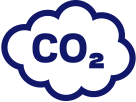
climate change
- Tackle GHG emissions
- Increase use of renewable energy
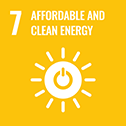
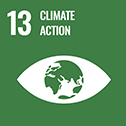
GOALS
- 1Reduce emissions of CO2 and other greenhouse gases in our company and supply chain.
- Scope 1 and 2 50% reduction by 2030 (from a 2018 baseline year)
- Scope 3 30% reduction by 2030 (from a 2018 baseline year)
Be carbon neutral by 2050.
| GOALS | FY2022 results | FY2023 plan |
|---|---|---|
| 1 |
|
|
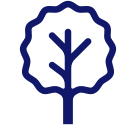
material resources
- Increase use of sustainable materials
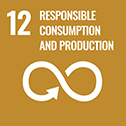
GOALS
- 1By 2030, switch to 100% sustainable textile materials (recycled materials, naturally-derived materials, etc.)
- 2By 2030, replace all vinyl/plastic packaging materials with sustainable packaging, including recyclable/reusable forms.
- 3Reduce the amount of waste to be landfilled or incinerated at all production sites.
- 4By 2030, increase the waste recycling rate to 90%.
| GOALS | FY2022 results | FY2023 plan |
|---|---|---|
| 1 | Proportion of sustainable materials: 26% (up 14 points year-on-year) | Proportion of sustainable materials FY2023: 41% |
| 2 | Switch to sustainable packaging materials: 27.6% | Switch more plastic inner packaging materials to sustainable alternatives |
| 3 | Landfill waste: 6,282t (down 525t year-on-year) | Waste intensity FY2023: 4% reduction (year-on-year) |
| 4 | Waste recycling rate: 87.3% (up 0.3 points year on year) Moved forward the target year for a recycling rate of 90% from 2030 to 2025 |
Waste recycling rate of at least 88.0% |
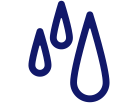
water resources
- Reduce water use and manage wastewater
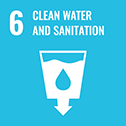
GOALS
- 1We will reduce our water intake through efficient usage, the development of new water saving production methods, and the increased recycling of wastewater.
- 2Strictly manage wastewater at all manufacturing sites in accordance with Government regulations and YKK in-house standards established based on industry standards such as ZDHC (Zero Discharge of Hazardous Chemicals).
| GOALS | FY2022 results | FY2023 plan |
|---|---|---|
| 1 | Water intake: 10.086 million t (down 1.338 million t from FY2018) | Water intensity: 2% reduction (compared to FY2022) |
| 2 | Approval of a partnership with Zero Discharge of Hazardous Chemicals Programme (ZDHC) to devise ZDHC guidelines for zippers and buttons | Roll out in-house wastewater management rules revised based on industry wastewater management standards |
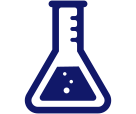
chemical management
- Manage and reduce chemical usage
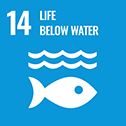
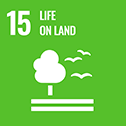
GOALS
- 1Manage and further reduce the use of chemical substances in product manufacturing from input to output in accordance with our own standards (YKK Restricted Substance List), which was established based on industry standards such as ZDHC MRSL (Manufacturing Restricted Substances List)
- 2Our finished products meets international textile safety standards such as OEKO-TEX® STANDARD 100 ensuring they are free of harmful substances.
- 3Develop new production methods that reduce and eliminate the use of toxic chemicals.
| GOALS | FY2022 results | FY2023 plan |
|---|---|---|
| 1 |
|
|
| 2 |
|
|
| 3 | Expansion of the lineup of products made with AcroPlating® technology, a new plating technology | Development to reduce dimethylformamide (DMF) as a measure to reduce chemicals with high atmospheric emissions |
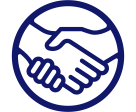
respect people
- Uphold human rights and ensure fair,
safe work environments
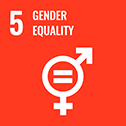
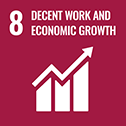
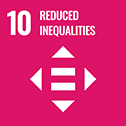
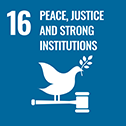
GOALS
- 1By valuing diversity, being inclusive, respecting human rights, and improving the work environment, we will create better and safe workplaces throughout our supply chains. We will ensure that each individual can work with peace of mind, make the most of his or her individuality, and lead a healthy and happy life.
- 2Implement YGCC audit (YKK Global Criteria of Compliance), a comprehensive standard based upon YKK’s Cycle of Goodness philosophy and the ISO26000 guidelines, at YKK Group facilities. Periodic evaluations by 3rd party auditors are conducted to assure transparency and improvement of sustainable practices.
| GOALS | FY2022 results | FY2023 plan |
|---|---|---|
| 1 |
|
|
| 2 |
